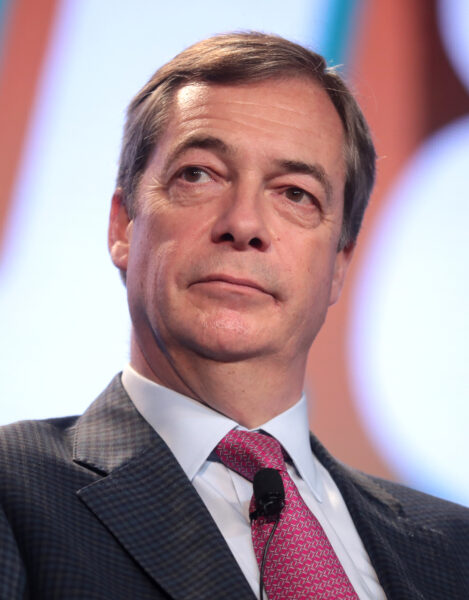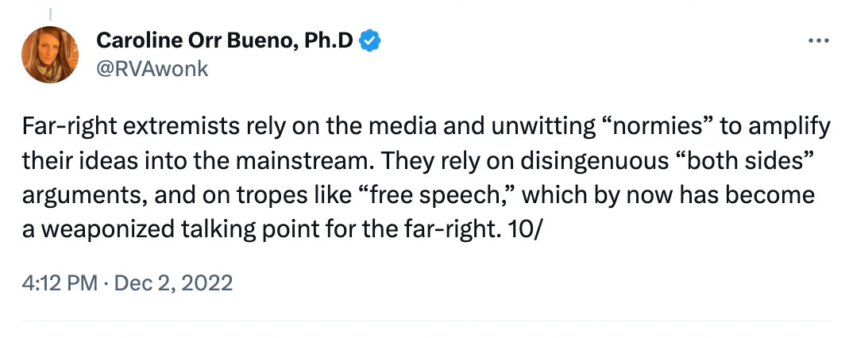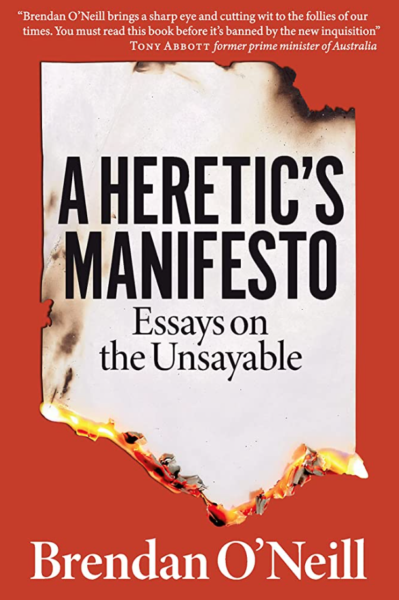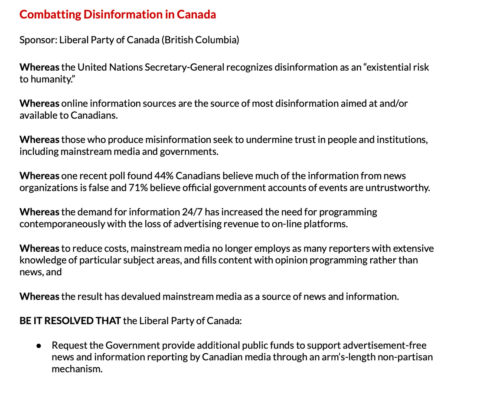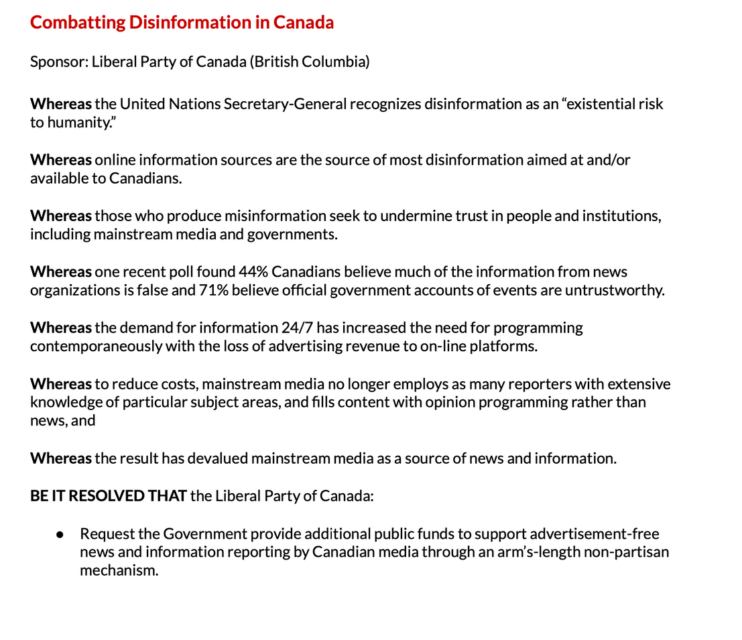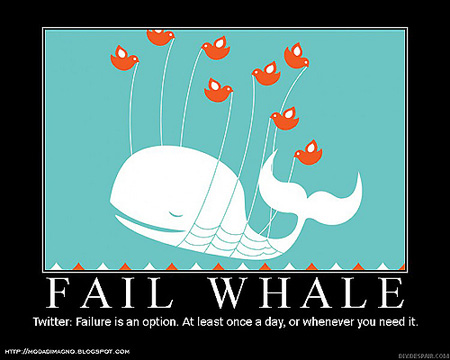C.J. Hopkins proffers advice to the declared candidate for the Democratic presidential nomination:

Robert F. Kennedy, Jr. speaking in Urbana, Illinois on October 14, 2007.
Photo by Daniel Schwen via Wikimedia Commons.
Robert Kennedy, Jr. is running for president. I could not possibly be more excited. So, I’m going to give Bobby some unsolicited advice, which, if he knows what’s good for him, he will not take.
I feel OK about doing this because, even if Bobby, in the wee hours of the night, when the mind is vulnerable to dangerous ideas, were to seriously consider taking my advice, I am sure he has people — i.e., PR people, campaign strategists, pollsters, and so on — that would not hesitate to take him aside and disabuse him of any inclination to do that.
OK, before I give Bobby this terrible advice, I have to do the “full disclosure” thing. I’m a pretty big fan of RFK, Jr. I don’t generally get involved in electoral politics, but, if I were a Democrat, I would definitely vote for him. Also, he was kind enough to blurb my book (which isn’t going to make his PR people happy) and invite me onto his podcast, RFK, Jr. The Defender, to talk about “New Normal” totalitarianism. So, I am fairly biased in favor of Bobby Kennedy. I think he is an admirable, honorable human being. I would love to see him in the Oval Office.
That isn’t going to happen, of course. The global-capitalist ruling classes are never going to let him near the Oval Office. They learned their lesson back in 2016. There are not going to be any more unauthorized presidents. The folks at GloboCap are done playing grab-ass, and they want us to know that they are done playing grab-ass. That’s what the last six years have been about.
As I put it in a column in January, 2021 …
… This, basically, is what we’ve just experienced. The global capitalist ruling classes have just reminded us who is really in charge, who the US military answers to, and how quickly they can strip away the facade of democracy and the rule of law. They have reminded us of this for the last ten months, by putting us under house arrest, beating and arresting us for not following orders, for not wearing masks, for taking walks without permission, for having the audacity to protest their decrees, for challenging their official propaganda, about the virus, the election results, etc. They are reminding us currently by censoring dissent, and deplatforming anyone they deem a threat to their official narratives and ideology … GloboCap is teaching us a lesson. I don’t know how much clearer they could make it. They just installed a new puppet president, who can’t even simulate mental acuity, in a locked-down, military-guarded ceremony which no one was allowed to attend, except a few members of the ruling classes. They got some epigone of Albert Speer to convert the Mall (where the public normally gathers) into a “field of flags” symbolizing “unity”. They even did the Nazi “Lichtdom” thing. To hammer the point home, they got Lady Gaga to dress up as a Hunger Games character with a “Mockingjay” brooch and sing the National Anthem. They broadcast this spectacle to the entire world.
Does that sound like the behavior of an unaccountable, supranational power apparatus that is prepared to stand by and let Bobby Kennedy, Jr., or Donald Trump, or any other unauthorized person, become the next president of the United States?
So, here’s my bad advice for Bobby.
Fuck them. They’re not going to let you win, anyway. They are going to smear you, slime you, demonize you, distort every other thing you say, and just generally lie about who you are and what you believe in and what you stand for. They are going to paint you as a bull-goose-loony, formerly smack-addled, conspiracy-theorizing, anti-vax fanatic no matter what you do. If you tone down your act and try to “heal the divide” and “end the division,” they are going to have you for lunch, and then sit around picking their teeth with your bones. You know, and I know, and the American people know, that the things you say you want to do as president — which I know you sincerely want to do as president and are crazy enough to actually try to do, i.e., “to end the corrupt merger of state and corporate power that is threatening now to impose a new kind of corporate feudalism in our country” — are things … well, as Michael Corleone once put it, that they would “use all their power to keep from happening”.
So, fuck it, and fuck them. Tell the truth.
Not the ready-for-prime-time truth. Not the toned-down-for-mainstream-consumption truth. The truth. The ugly, unvarnished truth. The scary, crazy-sounding truth. The angry, divisive, uncensored truth.
Yes, there is a “divide”. A great divide. A chasm. A schism. A gulf. An abyss. A gaping, yawning, unbridgeable fissure. A Grand Canyon-sized fault in the foundation of society. A rupture in the very fabric of reality.
H/T to Robert Swanson for the link.
Of course, not everyone is as fond of RFK, Jr. — and for good reason, as Matt Welch points out:
Ever since the 69-year-old conspiratorial activist Robert F. Kennedy Jr. declared his candidacy for the Democratic presidential nomination last week, a curious new category has appeared among the commentariat—libertarians and/or right-of-center journalists expressing strange new respect for a Hugo Chavez–admiring scion of the Establishment who has serially fantasized about throwing his political opponents in jail.
“I’m quite certain that I’ve never heard a more erudite speech in any political context,” enthused Brownstone Institute President Jeffrey Tucker after attending Kennedy’s announcement rally. “As [a] Democrat he must be bad on all sorts of things,” tweeted Antiwar.com’s Scott Horton, “But not the ones that matter the most.” The Libertarian Party of Colorado tweeted (and then deleted) “Bravo and godspeed hero.” Tablet, a publication not usually known for boosting overheated analogies to murderous 20th-century totalitarians, gave RFK Jr. an 18,000-word valentine with such soft-toss “questions” about his previous controversial statements (like terming the impact from childhood vaccines “a holocaust”) as: “You activated an automated outrage machine that was looking for a gotcha.”
The newly Kennedy-curious are intrigued by the rabble-rouser’s potential to disrupt an otherwise rubber-stamped Democratic primary, sure, but also by him having the right enemies — the media, the military-industrial complex, and, most of all, a political class that backed COVID-19 lockdowns and mandates.
“Just as Donald Trump … retrieved political themes from the deep past of the Republican Party,” National Review‘s Michael Brendan Dougherty mused, “so it must be that a Democrat should come along and try to revive left-leaning skepticism of government and corporate power, to denounce crony capitalism, censorship, and the CIA to boot.”
Recasting RFK Jr. as a foe of censorship and potential tamer of government requires ignoring what he has been and imagining things he’ll never be. Among a lifetime of eyebrow-raising public activities, Bobby Kennedy’s son has repeatedly egged on government to punish those who disagree with his idiosyncratic understandings of science.
[…]
Yet in 2023, Kennedy can plausibly claim (to those with short memories) the mantle of anti-censorship, for having been on the receiving end of Big Social Media’s often government-pressured pandemic speech-policing. He was banned from Instagram in February 2021 “for repeatedly sharing debunked claims about the coronavirus or vaccines”, and his anti-vaccine-mandate nonprofit Children’s Health Defense was similarly booted by both Instagram and Facebook in August 2022. He published a book last year called A Letter to Liberals: Censorship and COVID: An Attack on Science and American Ideals. As Tablet‘s David Samuels wrote, in one of that piece’s many eye-popping passages, “At this point, the fact that Robert F. Kennedy is the country’s leading ‘conspiracy theorist’ alone qualifies him to be president.”
So is the enemy of your enemy your friend? Depends on your tolerance for unlikely conspiracy theories, and your comfort level in Kennedy’s proposed punishments for alleged perpetrators. Where Jeffrey Tucker sees an orator with a “command of facts, history, and issues,” motivated both by “truth-telling in an age of nonstop lies” and a genuine urge to “heal” the political divide, I see someone whose presentation of facts — including grave accusations of criminality — have been repeatedly and persuasively found lacking.




